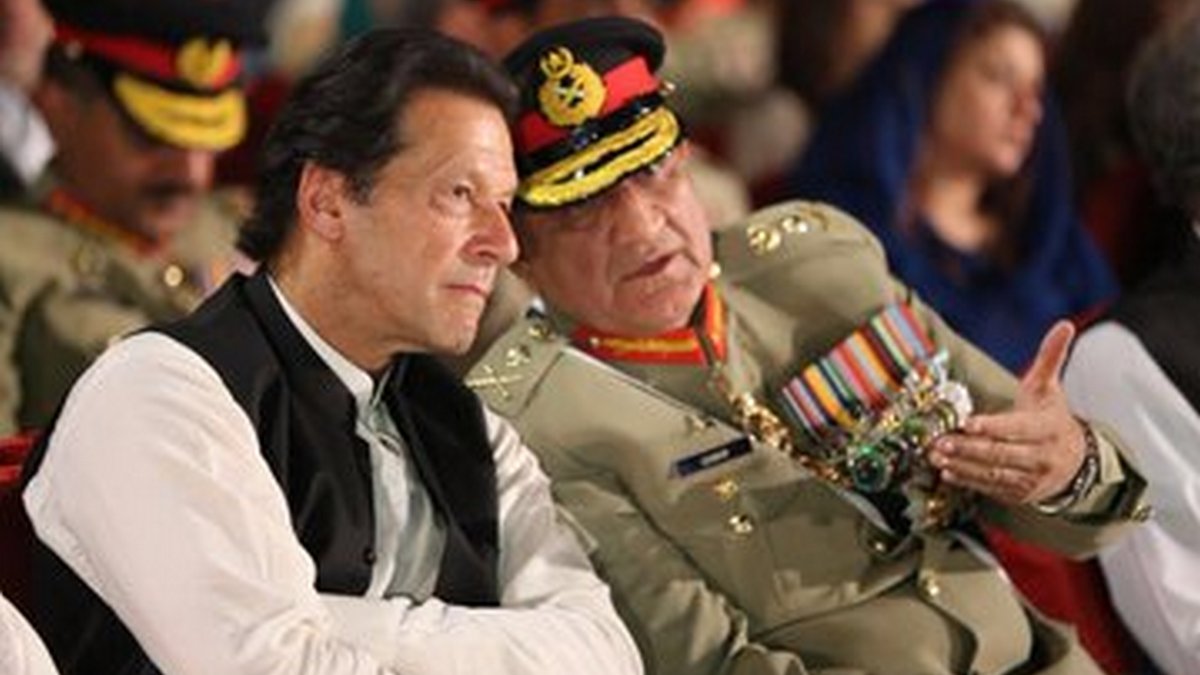
Pakistan’s security establishment appears keen to de-escalate tensions with India, but it is reluctant to make the necessary changes, both within the military-intelligence establishment and inside the narrative they have built over these decades, that are critical for this to happen. The establishment also fails to understand that without a normal Pakistan – meaning normal civil-military relations and democratic politics- a normal relationship with any of Pakistan’s neighbors is impossible.
As former Editor of Dawn, Abbas Nasir wrote, Pakistanis would welcome a “normal” Pakistan, “if normal stands for an open, transparent, democratic Pakistan that shuns terrorism, extremism and intolerance and embraces free speech and media freedoms. And most of all constitutional rule. Our ‘abnormality’ at least in the comity of democratic nations comes from our deviations from rule of law and constitutional provisions where often institutional and personal interests, even egos, trump national interest, even though such transgressions are justified paradoxically in the name of supreme national interest or security.”
Further, as Nasir notes, “Nobody in their right mind would oppose such an initiative whether it is rooted in India’s rethinking of its two-front security paradigm after its recent stand-off with China in the north and Pakistan in the west, or a realisation in Islamabad that after the West redefined its regional interests and turned off the multibillion-dollar pipeline, sustaining defence expenditure at current levels would spell doom for the country’s faltering economy.”
Finally, Nasir ends by saying “Do the stakeholders have the vision, the political will and the generosity of spirit needed to realise this desire? Truly wish I could readily answer in the affirmative.”
![]()





